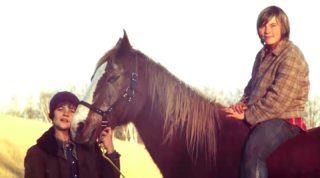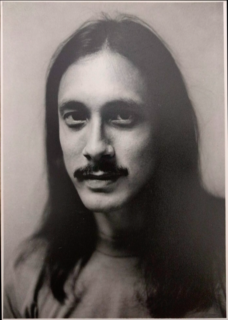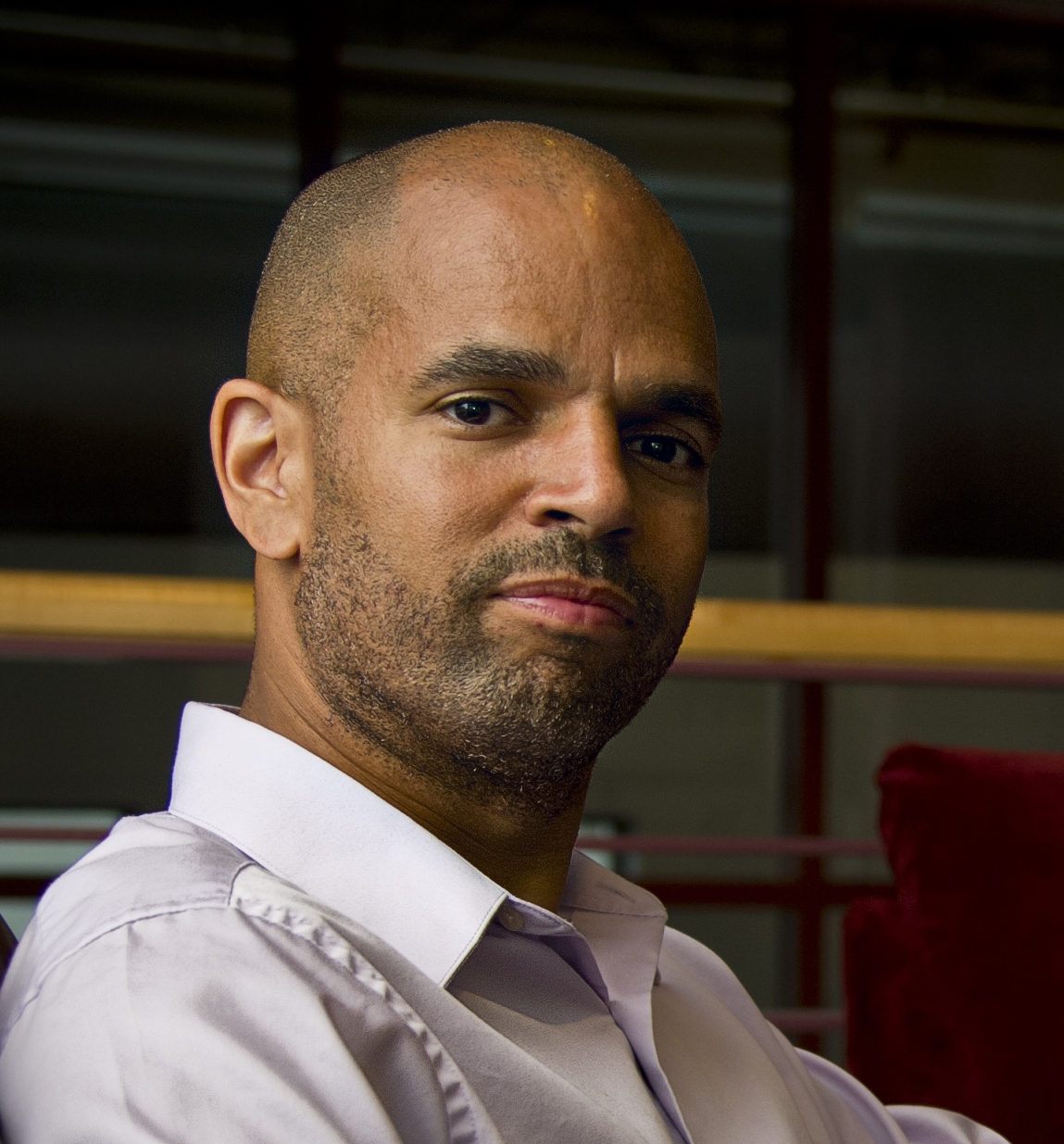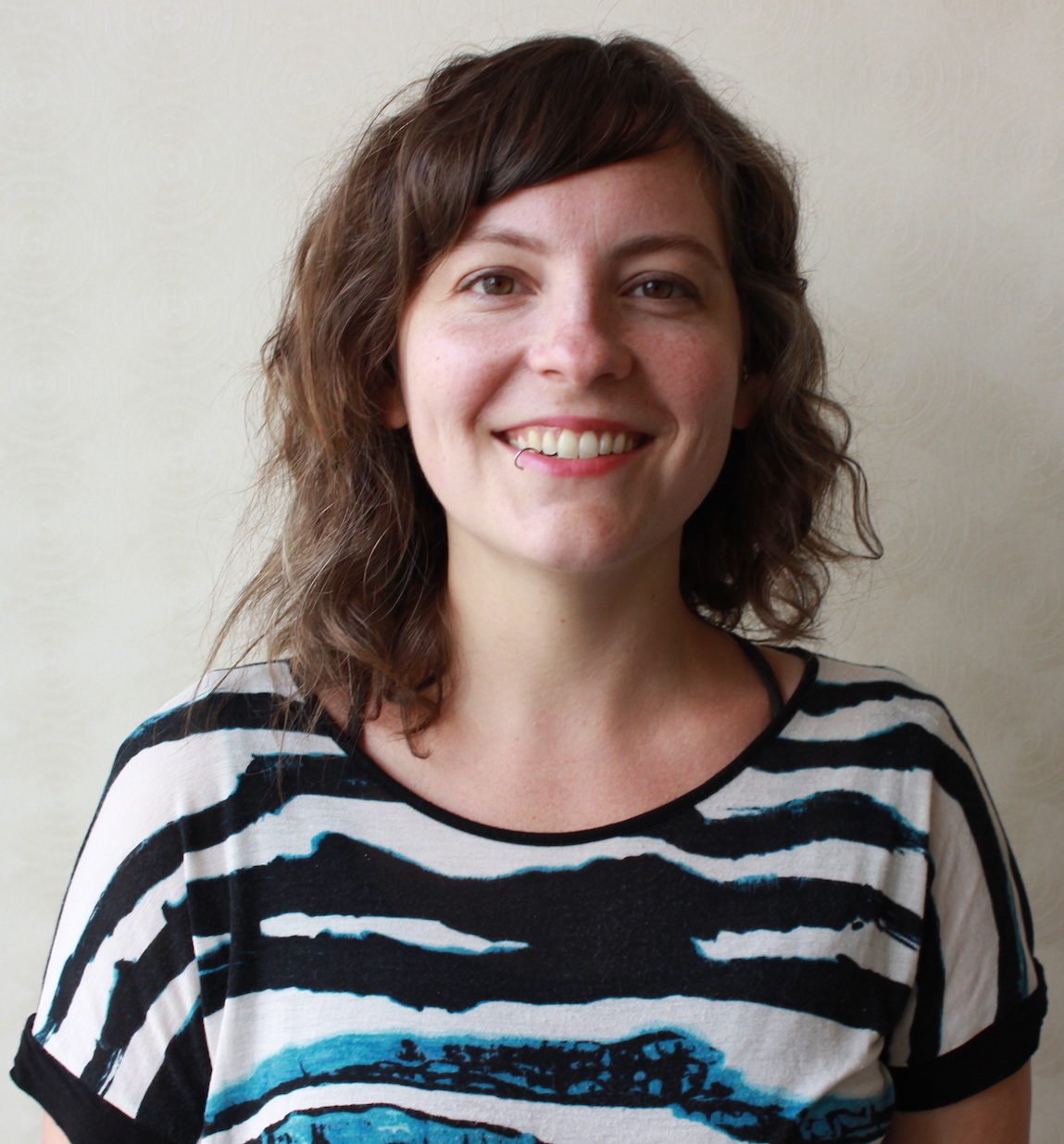About Out North


Out North – MNLGBTQ History explores some of the untold stories of the state’s lesbian, gay, bisexual, and transgender community that will surprise, inform, entertain, and inspire audiences. Who were the pioneers of politics, empowerment, and pride in these communities? Where were the places that LGBTQ people gathered long before gay venues were mainstream? While urban living presented its own challenges, what was it like to be queer on the prairie in greater Minnesota? Out North sheds light on the hidden history of our neighbors, friends, and family members from the diverse spectrum of LGBTQ experiences and identities.
As the latest addition to Twin Cities PBS’ important body of work on Minnesota’s history, the film explores the past through people and place, personal moments and major milestones. Rather than chronicling politics and policy, these stories tilt toward the human, lived experience.

Out North also explores important events and moments in time. The world looks to the Stonewall ‘riot’ as the first shot in the ‘Gay Revolution.’ But Minnesota can claim an earlier opening salvo with the founding of ‘FREE’, one of the first LGBTQ college organizations in the nation. While the Pride celebrations in Minnesota are as familiar and well attended as any summer festival in the state, these visible, out-in-the-open festivals began in a time of harassment and real danger to openly queer Minnesotans.
LGBTQ history is often rooted in place. Today, gay bars are more common business establishments, but here was a time when that wasn’t the case. The film brings back from obscurity lesbian entrepreneur Honey Harald, whose mission was to keep a women’s establishment open in Saint Paul for three decades.
Because the cultural narrative of this history has been dominated by gay, white men, the documentary features pioneering stories from the Native American ‘Two Spirit’ experience, as well as histories of other queer communities of color.
Out North breathes life into this history thanks to the rich visual materials on LGBTQ experience housed at the University of Minnesota Libraries Tretter Collection.



FUNDING PROVIDED BY:



© 2025 Twin Cities Public Television